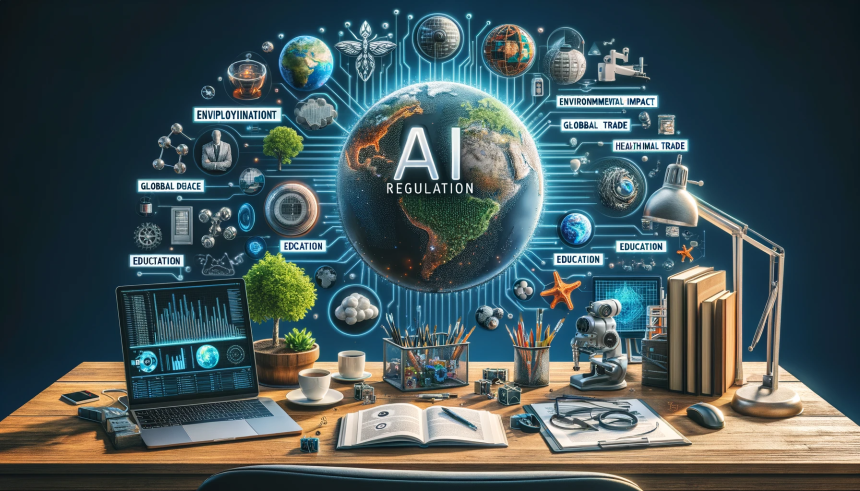Regulatory discussions in the dynamic domain of artificial intelligence (AI) frequently revolve around concerns pertaining to privacy, data security, and the ethical utilization of AI. Nonetheless, a number of domains pertaining to the regulation of AI are relatively overlooked, despite their equal importance. These neglected domains are crucial in guaranteeing that the advancement of AI occurs in a manner that is secure, fair, and regulated.
1. Liability Regarding Decision Making by AI:
An aspect that receives less attention is the liability that is linked to AI decision-making. Who bears responsibility when an AI system commits an error as the degree of autonomy of AI decision-making increases? Existing regulations frequently lack clarity, and explicit guidelines pertaining to accountability in cases of AI-induced errors or damage are imperative.
2. The Role of AI in Employment and Bias:
Much is said about the role of AI in the recruiting process, but its contribution to employee monitoring and evaluation receives less attention. Regulations are required to guarantee that AI tools utilized for employee evaluation are impartial and equitable and that they protect the privacy and rights of employees.
3. The Environmental Implications of Artificial Intelligence:
Frequently disregarded is the environmental impact of training large AI models, which demands substantial computational power and energy. Policy measures that prioritize the environmental impact and sustainability of AI operations may play a pivotal role in advancing green AI practices.
4. AI in International Commerce and Trade:
Furthermore, the influence of artificial intelligence on international trade and commerce, particularly as it relates to automated trading systems, is an additional neglected subject. In order to safeguard against market manipulation and promote equity and openness in trade practices driven by artificial intelligence, regulatory measures are imperative.
5. AI in the Analysis of Health Data:
The utilization of AI for health data analysis, prediction, and treatment recommendations is less regulated, whereas health data privacy is a popular topic. It is vital to ensure the accuracy, confidentiality, and ethical application of AI in health data analysis.
6. AI Regulation in the Field of Education:
Concerning curriculum adaptation and student evaluation, in particular, the function of AI in education necessitates further regulation and discourse. It is vital to ensure that the use of AI tools in education does not perpetuate prejudice or inequality.
7. AI in Intellectual Property and Content Creation:
The function of AI in content creation gives rise to inquiries concerning intellectual property rights. Who owns and regulates the content generated by artificial intelligence?
In conclusion:
The influence of AI is extensive and diverse, penetrating domains that are frequently overlooked in conventional regulatory discussions. It is crucial that discourse and regulatory frameworks adapt to encompass these less-discussed facets of AI, thereby guaranteeing a future in which AI contributes positively to society while mitigating potential hazards and ethical dilemmas.








